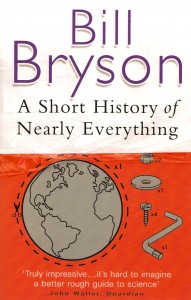Holidays and weekends simply go away too fast for us. We would start by planning some elaborate activities, in hope of some true excitement, only to find ourselves lost, wandering about the day with no sense of orientation. By nightfall we have no choice but to exclaim, “nothing really happened!”
Such feelings are similar to our reaction towards “An Encounter,” a short story in James Joyce’s Dubliners. A lot has been said about other pieces in the collection. For one, scholars have done elaborate research trying to figure out the meaning of “The Sisters,” in particular, the word “paralysis,” which is mentioned in the beginning of the story. It has been argued from multiple angles that “paralysis”, which symbolizes the dark and lackluster Irish society, constitutes the underlying theme of all the stories in Dubliners. (Kelly, xxiv) But when it comes to “An Encounter,” much less can be said. The narrator and two friends of his, playing truant, originally planned “to go along the Wharf Road until we came to the ships, then to cross in the ferryboat and walk out to see the Pigeon House.” (Joyce, “An Encounter” 20) But one of the three never showed up, and they never got to the Pigeon House; instead, the narrator and Mahony encountered “a queer old josser,” who bored them with his monologue and made the narrator feel afraid. (26) The ending is abrupt, and just like our typical weekends, “nothing really happened.”
Continue reading →


